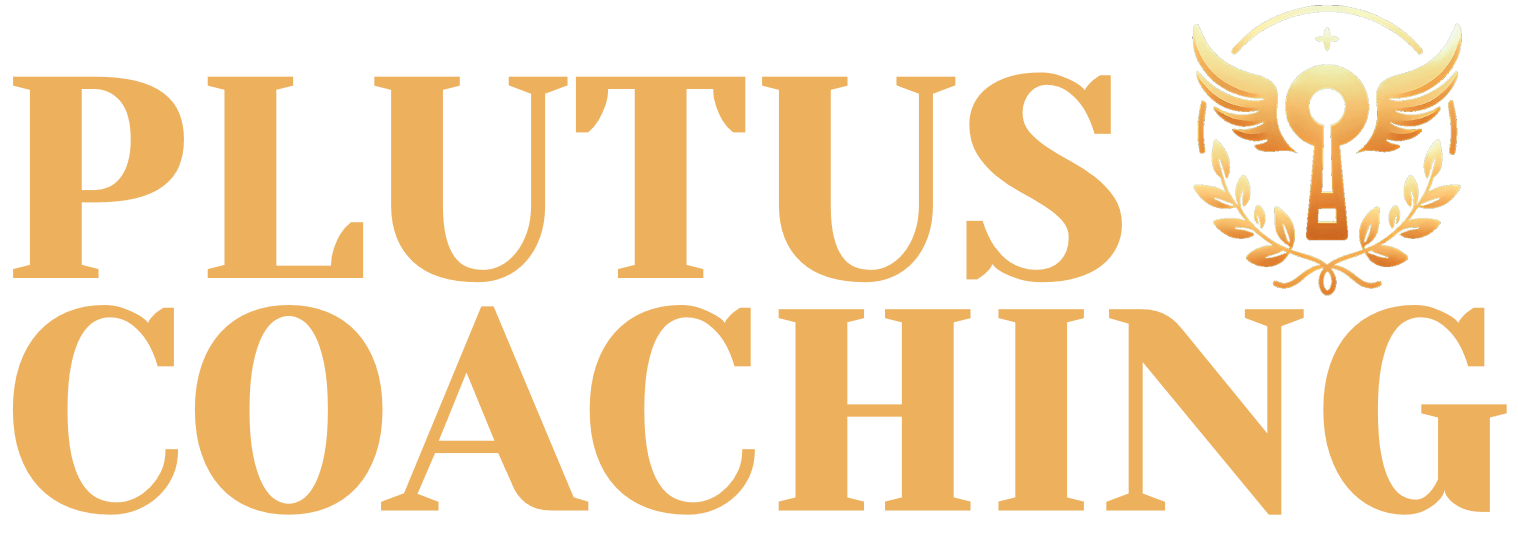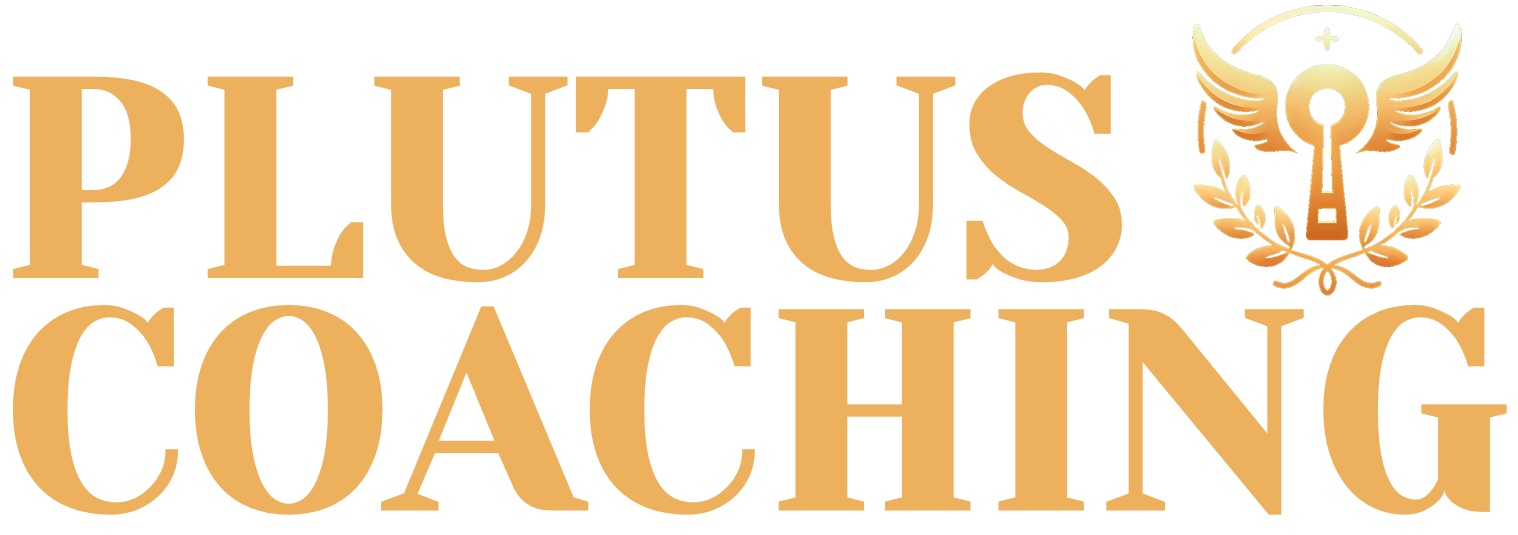In today’s fast-paced world, more and more people are seeking guidance and support to navigate life’s challenges and reach their full potential. Two popular avenues for personal growth are life coaching and therapy. But what exactly are they, and how do you know which one is right for you?
Life coaching is like having a personal cheerleader and strategist. It’s all about setting goals, creating action plans, and overcoming obstacles to achieve success in various areas of your life.
Therapy, on the other hand, focuses on healing emotional wounds, managing mental health conditions, and developing coping mechanisms to deal with life’s difficulties.
While both life coaching and therapy can be incredibly valuable, they have distinct differences in their approaches and objectives. Understanding these differences is crucial to making informed decisions about your personal growth journey. In this article, we’ll break down the key distinctions between life coaching and therapy so you can choose the path that best suits your needs and aspirations.
Focus and Goals
The primary focus of life coaching is future-oriented. It’s about helping you identify what you want to achieve, create a roadmap to get there, and develop the skills and mindset needed to succeed. Whether you’re aiming for a career change, improved relationships, or personal growth, a life coach will work with you to set clear goals, track progress, and stay motivated along the way. Think of them as your partner in unlocking your full potential.
Therapy, in contrast, often involves exploring the past to understand how it’s impacting your present. It’s about addressing emotional pain, resolving internal conflicts, and developing healthier ways of coping with challenges. If you’re struggling with anxiety, depression, trauma, or other mental health concerns, a therapist can provide a safe space for healing and growth. They can help you uncover the root causes of your difficulties and equip you with tools to manage your emotions and improve your overall well-being.
Approach and Techniques
Life coaching is all about taking action and moving forward. Your coach will help you break down your big goals into smaller, manageable steps, and create a plan to achieve them. They’ll encourage you to step outside your comfort zone, challenge limiting beliefs, and develop the skills and confidence you need to succeed. It’s a partnership focused on results, with a strong emphasis on accountability and celebrating your wins along the way.
Therapy, on the other hand, takes a deeper dive into your inner world. It’s a space for exploration and reflection, where you can talk openly about your thoughts, feelings, and experiences. Through techniques like talk therapy, your therapist can help you gain insights into your patterns of behavior and develop healthier coping mechanisms. Cognitive behavioral therapy (CBT) can help you identify and change negative thought patterns, while mindfulness practices can teach you to be more present and accepting of your emotions. Therapy is a journey of self-discovery and healing.
Qualifications and Training
When it comes to life coaching, the training and certification landscape can vary quite a bit. Some coaches may have completed intensive programs and hold certifications from recognized organizations, while others might rely on their personal experiences and skills. It’s important to research a potential coach’s background and credentials to ensure they have the expertise to support your specific goals.
Therapy, in contrast, involves a much more standardized and regulated path. Therapists, such as psychologists, psychiatrists, and licensed clinical social workers, undergo years of rigorous education and training. They must also meet specific licensing requirements to practice legally. This ensures that they have the in-depth knowledge and clinical skills necessary to address complex mental health issues and provide effective treatment.
When to Choose Life Coaching
Life coaching can be a great option if you’re looking for support in specific areas of your life where you want to make positive changes and achieve specific goals. Here are a few scenarios where life coaching could be particularly beneficial:
Career Transitions: Whether you’re considering a new career path, aiming for a promotion, or starting your own business, a life coach can help you clarify your goals, develop a strategic plan, and build the confidence to take the necessary steps.
Relationship Improvement: If you’re looking to enhance your communication skills, build stronger connections with loved ones, or navigate relationship challenges, a life coach can provide guidance and support.
Personal Development: Life coaching can also be helpful for general personal growth. Perhaps you want to boost your self-esteem, improve your time management skills, or develop healthier habits. A life coach can help you identify areas for growth and provide tools and strategies to achieve your desired outcomes.
Essentially, if you’re feeling stuck, unmotivated, or unsure of how to move forward in a particular area of your life, life coaching can provide the clarity, structure, and support you need to make progress.
When to Choose Therapy
Therapy is generally recommended when you’re dealing with deeper emotional or mental health issues that require professional guidance and support. Some situations where therapy might be the more appropriate choice include:
Trauma: If you’ve experienced a traumatic event that continues to affect your daily life, therapy can help you process those experiences and develop healthy coping mechanisms.
Anxiety and Depression: Therapy provides a safe space to explore the root causes of anxiety and depression, learn effective strategies for managing symptoms, and develop tools for long-term well-being.
Other Mental Health Challenges: Therapy can also be beneficial for a wide range of other mental health conditions, such as eating disorders, addiction, bipolar disorder, and personality disorders.
Relationship Issues Rooted in Deeper Emotional Challenges: While a life coach can assist with communication and relationship skills, therapy might be necessary if relationship issues stem from unresolved trauma, past experiences, or mental health concerns.
In general, if you’re struggling with persistent emotional distress, feeling overwhelmed by life’s challenges, or experiencing symptoms that interfere with your daily functioning, therapy can offer the support and guidance you need to heal and thrive.
The Power of Collaboration
It’s important to remember that life coaching and therapy aren’t mutually exclusive. In fact, they can often work hand-in-hand to provide comprehensive support for your personal growth journey.
For example, you might see a therapist to address underlying anxiety or trauma, while also working with a life coach to set and achieve career goals. Or, you might start with therapy to gain emotional stability, and then transition to life coaching to build confidence and pursue your dreams.
The key is open communication between you, your coach, and your therapist. By sharing information and working together, they can create a holistic approach tailored to your unique needs. This collaborative effort can help you make significant progress in both your emotional well-being and your pursuit of life goals.
In summary, while both life coaching and therapy offer valuable support for personal growth, they have distinct differences in their focus, approach, and qualifications. Life coaching is action-oriented and future-focused, helping you set goals and achieve success. Therapy, on the other hand, is more introspective and explores past experiences and emotional challenges to promote healing and well-being.
Choosing the right path depends on your individual needs and aspirations. If you’re looking for support in achieving specific goals or making positive changes in your life, life coaching might be a great fit. However, if you’re struggling with mental health concerns, past trauma, or deep-seated emotional issues, therapy is likely the more appropriate choice.
If you’re unsure which path to take, don’t hesitate to reach out to professionals in both fields. They can help you assess your needs and guide you towards the best option for your personal growth journey. Remember, whether you choose life coaching, therapy, or a combination of both, investing in your personal development is a powerful step towards creating a more fulfilling and meaningful life.





